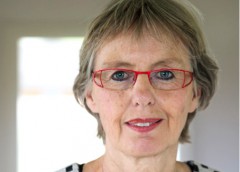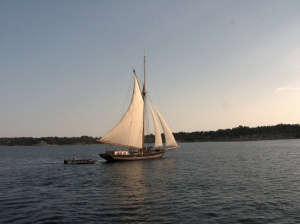When I work with change agents from around the world one question always comes up in evening conversations – how can we shift the way we co-create? How can we more successfully collaborate, become collectively more intelligent, overcome territorial fights, mal- communication and island solution?
I admit there is a not an easy answer. Or at least it does not fit into an elevator speech, and by the time answers are emerging it gets very late in the evening.
Try this:
Ask 10 people when they have experienced really really good collaboration? Let them remember a situation where people supported each other, willingly contributed, listened to each other – and had been very productive and effective together?
You will find that almost everybody remembers at least one situation.
Then ask: so what was this situation made up of ?
You get amazing results: we all know how the world could work!!!
That’s what we did in our recent study. We interviewed change agents for sustainability from around the world.
They created an internationally applied sustainability standard, pushed their company to move sustainability to the centre stage, created an international youth network around biodiversity, built a social enterprise helping hundreds of young people to bring their lives in order, produced a sea change in the way a country approached environmental issues, pioneered a ministries sustainable trading initiative, implemented a company’s diversity strategy, pushed a company into mainstreaming sustainable sourcing, campaigned against dumping chemical waste in Africa, brought innovation for sustainability on the agenda of the corporate world, equipped a whole region to better deal with climate change, helped a company network to raise its sustainability profile, supported a nation’s sustainability strategy, managed an internationally active environmental NGO….. and so on!!!
We were amazed how clearly people defined four important strategies
Continue reading →


